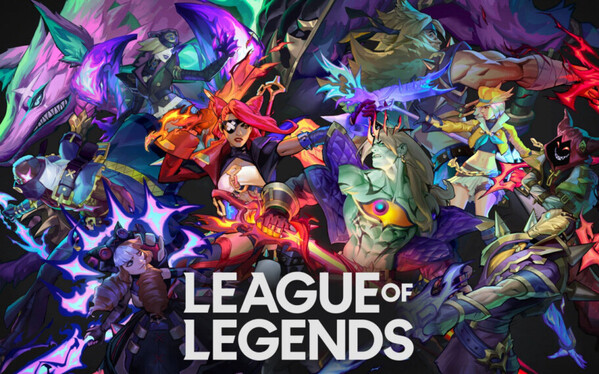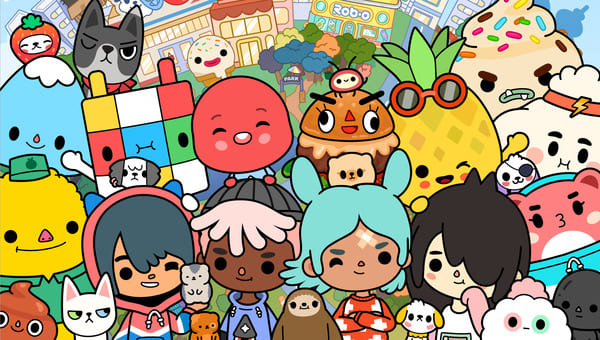
Poppy Playtime
All trademarks belong to their respective owners.
Advertisement
Popular Now
Introduction
Poppy Playtime, a psychological horror game by MOB Games, immerses players in an abandoned toy factory filled with terrifying creatures. Beneath its thrilling gameplay, the game critiques the toxic effects of corporate greed. This article explores how the game's eerie setting, its twisted toys, and the collapse of Playtime Co. serve as metaphors for exploitation, dehumanization, and the moral consequences of unchecked capitalism.
Setting the Stage: The World of Poppy Playtime
A Child's Fantasy Turned Nightmarish
Playtime Co. begins as a seemingly innocent children’s toy factory, but its decay symbolizes corporate negligence. Once a place of joy, the factory now reflects the collapse that occurs when profit is prioritized over human welfare.A Dark Undertone Beneath the Childhood Nostalgia
The juxtaposition of childhood innocence with horror reveals how capitalism can exploit even the purest industries. The factory’s transformation into a place of terror underscores the moral decay brought on by consumerism.The Corporate Machine: Playtime Co. as a Reflection of Capitalism
The Insidious Rise of Playtime Co.
Playtime Co. mirrors real-world corporations that prioritize profit over people. The factory’s rise is marked by a hunger for growth, with employees and workers sacrificed for efficiency.The Workforce: A Silent Victim of Corporate Greed
The absence of employees in the factory highlights their exploitation. The factory, once bustling with workers, now stands silent, showing how corporations discard human lives when they no longer serve a purpose.
The Toys: Objects of Wonder or Tools of Exploitation?
The Birth of the Toy Monsters
The toys in Poppy Playtime, originally meant to bring joy, are now grotesque abominations. This transformation represents how corporate greed warps products into harmful entities that serve the profit motive.The Dehumanization of the Toy Concept
Playtime Co.’s toys lose their innocence, becoming tools for terror. This shift reflects how profit-driven companies can corrupt the very purpose of their products, turning them into dangerous commodities.The Tragic Fate of Playtime Co.: A Warning of What Lies Ahead
The Factory’s Collapse as a Symbol of Moral Failure
Playtime Co.’s downfall is inevitable due to its greed-driven culture. The factory’s collapse reflects how ethical decay in corporations leads to destruction for everyone involved.The Dark Legacy Left Behind
Despite its fall, Playtime Co.'s legacy lives on in its monstrous creations. The factory’s remains symbolize the long-lasting impact of corporate malfeasance, with consequences felt far beyond the company's collapse.

















